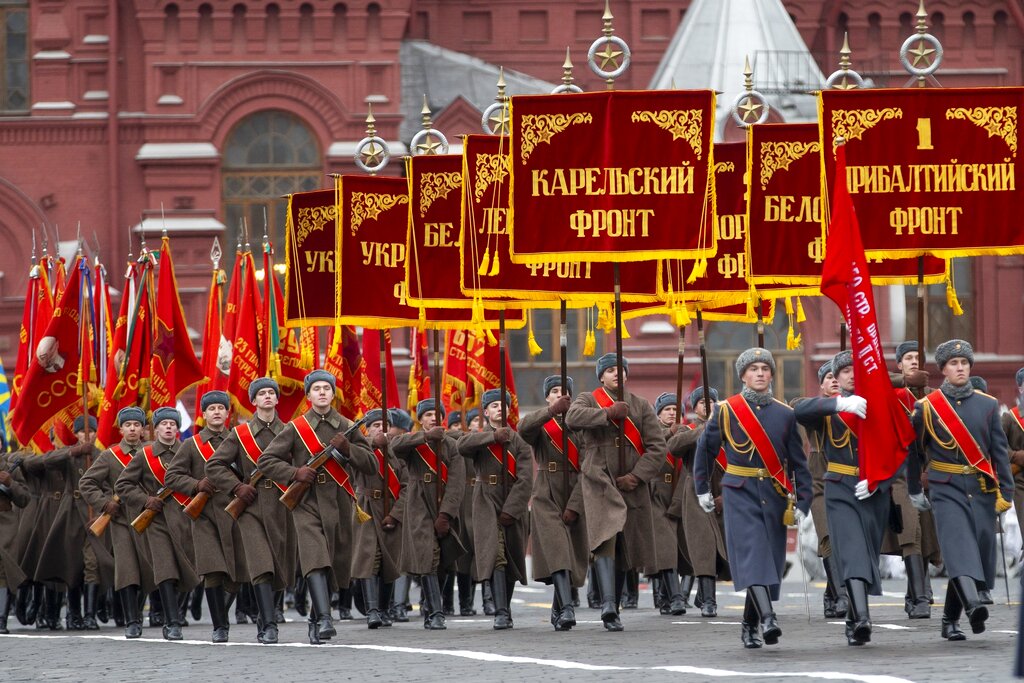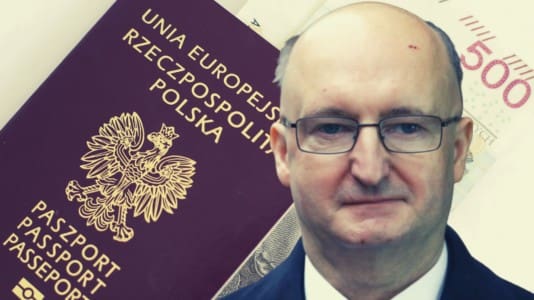On the anniversary of the Soviet invasion of Poland on Sept. 17, 1939, Karol Nawrocki, a historian and the president of the Institute of National Remembrance (IPN), explores the deeply rooted enmity that the Soviet Union held toward Poland, tracing its origins to 19th-century Tsarist Russia.
According to Nawrocki, the Soviet Union had an “obsession” with Poland rooted in 19th-century Russian imperialism and later fueled by Marxist ideology. He noted that Soviet leaders believed that a worldwide revolution would be impossible without first destroying Poland, a sentiment expressed by Lenin himself, who said in 1920 that the revolution must “advance over the corpse of bourgeois Poland.”
Nawrocki noted that the defeat of the Bolsheviks in the Polish-Soviet War of 1920 left an indelible mark on the Soviet military. This contributed to mounting hostilities against Polish people, culminating in mass persecutions and targeted killings during the Great Terror of 1937/1938. Coined as “Operation Anti-Poland” by the IPN president, the campaign saw the extermination of anywhere between 111,000 to nearly 200,000 Poles residing in the Soviet Union.
Soviet troops invaded Poland on Sept. 17, 1939, under the pretext of protecting national minorities. This, the historian argues, was a cover for outright aggression. The invading troops quickly displayed their brutality, engaging in a widespread spree of violence, looting, and rapes.
According to Nawrocki, this brutality stemmed from the deeply ingrained hatred for Poland within the Soviet Union, but was also a tactic to instill fear.
The Polish historian emphasizes the complex ethnic makeup of pre-war Poland, which included Jews, Belarusians, and Ukrainians. Despite internal policy mistakes concerning these minorities, the narrative presented by Soviet propaganda significantly distorted the reality.
Regarding the mass deportations of Poles, Nawrocki estimates that the first four major deportation campaigns affected over 300,000 Poles.
Even more were deported after World War II from regions that were no longer part of Poland. These deportees were essentially sentenced to die, many losing their lives during the harsh transport and forced labor.
Some were saved thanks to General Władysław Anders and his army, who integrated the men into fighting units during World War II.
The historian also acknowledged the resilience of Polish prisoners of war, who remained largely immune to Soviet ideological indoctrination efforts during the winter of 1939/1940. Their refusal to cooperate with Soviet authorities led to decisions for mass executions, including the Katyn massacre.
This indomitable spirit of Poles, Nawrocki believes, was a product of Poland’s long struggle for independence and the patriotic education that took place in the two decades of interwar Poland.





